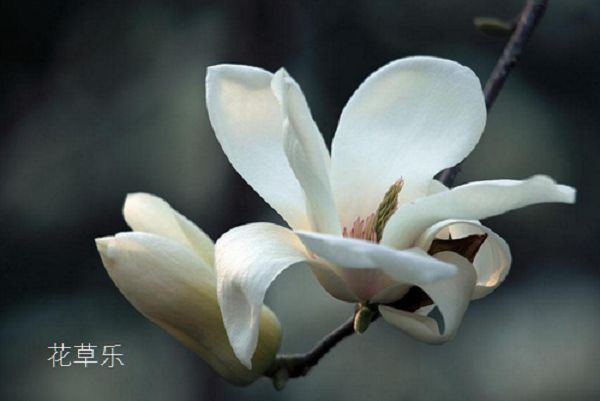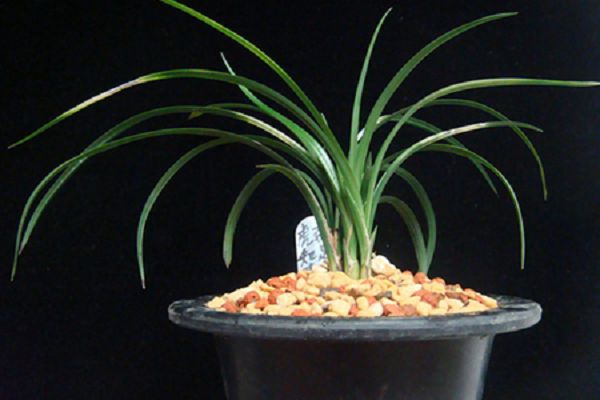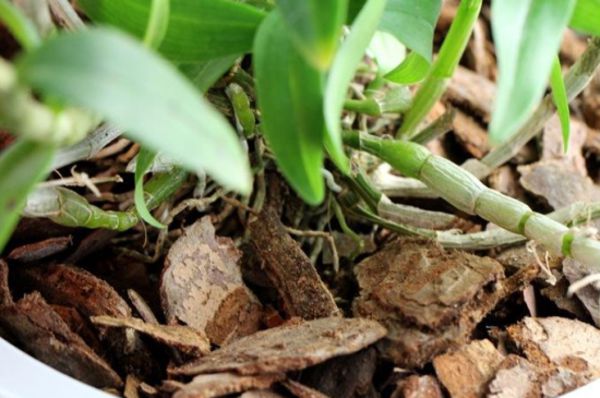How to raise magnolia? Maintenance and Management of Magnolia

Magnolia is a deciduous tree. Sex is warm and humid, not cold-resistant, drought-resistant, fragrant flowers, white as jade. The flower is big, the solitary branch top, white has the fragrance, and so on piece and petal similar, every three pieces are arranged in a round, presents the bell shape. It is a famous ornamental plant and traditional flower in China, and it is a precious early spring flower and tree in the garden. There are more than 30 species of the same genus in China, and the common varieties are: purple Magnolia, Lotus Magnolia, Tianmu Magnolia, Baohua Magnolia, Tiannu Flower, Qiao Magnolia and so on. What color is Magnolia? when will Magnolia bloom? the following flowers and plants share with you the conservation and management of Magnolia magnolia, when Magnolia blossoms and its flowering color.
What color is magnolia
Magnolia is white, but there are many varieties of magnolia. Magnolia is white, fuchsia and beige. Large, fragrant, Corolla cup-shaped, flowers open first, leaves after long, florescence about 10 days. Famous flowers and trees in China, important ornamental trees in early spring in South China. Shanghai City Flower. Magnolia is very much like a lotus in shape, when in full bloom, the petals spread in all directions, making the courtyard blue and white, dazzling white light, has a high ornamental value, and is an ideal flower for beautifying the courtyard. Magnolia not only has high appreciation value, but also has many effects and functions. Magnolia can relieve phlegm, benefit the lungs and harmonize qi. Promote metabolism and whiten skin. Make the complexion ruddy, glowing, smooth and delicate skin, delay aging. Therefore, the flower meaning of magnolia is also very beautiful, while that of magnolia means pure love, sincerity and nobility.
When will Magnolia blossom
Magnolia like light, more hardy, can overwintering in the open field, like dry environment, planting land waterlogging is easy to produce rotten roots. The sandy soil, which is fertile, well drained and slightly acidic, can also grow on weakly alkaline soil. It is very sensitive to temperature, the florescence of Magnolia Magnolia is from March to May, that of cinnabar Magnolia from April to May, that of Magnolia from April to July, and that of Magnolia rotundifolia is about June. In short, the farther to the south, the earlier the florescence, and in places with higher temperatures, the florescence of Magnolia will even be advanced to December.
III. Maintenance and management of magnolia
1. Lighting
Magnolia is a positive flower, which needs plenty of sunlight and should be maintained on the balcony or sunny ground during the growth period, especially during flowering. The light should not be less than 6 hours a day. Don't expose yourself to the sun in summer. If the light is not enough, Magnolia magnolia has only long leaves without flowering, or very few flowers, slender branches, light leaves, thin leaves, withered and yellow leaves.
2. Watering
Magnolia magnolia is a fleshy root, which needs water and is afraid of stagnant water. Therefore, in the early summer to late autumn season to water once a day to keep the soil moist, in the spring rainy season flowerpots can not accumulate water, otherwise the roots will rot. In summer, water should be watered once in the morning and evening, and water should be sprayed on the leaves and flowerpots to increase air humidity. It is found that the yellowing of basin soil should be treated with molten ferrous sulfate or watered with 0.7% to 0.8% acid and vinegar water.
3. Fertilization
Magnolia magnolia has a long flowering period and blossoms, so it likes to be fat. Timely and regular replenishment of nutrients, in order to blossom, large flowers, colorful flowers, flower fragrance. Organic liquid fertilizer dominated by phosphorus and potassium should be applied every 7 days from May to October, such as rotten cake fertilizer and water. The principle of fertilization is to apply thin fertilizer frequently, and you can also take the method of lightening it first and then thickening it. Do not apply raw fertilizer, otherwise it will burn roots. Topdressing before and after flowering is particularly important, the former promotes flowers in full bloom, the latter is beneficial to pregnant buds, and the period of topdressing is in late February and May.
4. Pruning
Magnolia Magnolia every year, between the Spring Equinox and Qingming Festival, chooses cloudy or cloudy weather to go out. After leaving the room, it takes 2 to 3 days for the potted flowers to adapt to the outdoor environment, and then begins to remove the old leaves of the plant, leaving only a few tender leaves on the shoots to promote the growth of new shoots. After each batch of flowers, a small number of old leaves should be removed to promote the growth of new branches and flower bud formation.
During the growth period of Magnolia Magnolia, it is also necessary to often pick the heart, control the apical dominance and promote multiple lateral branches.
After flowering and before a large number of sprouts, diseased, overdense, redundant, juxtaposed and futile branches should be cut off, and sprouting should be removed at any time at ordinary times. When pruning, the medium and short branches shorter than 15 cm are generally not cut, the long branches are cut to 12 cm ~ 15 cm, the cut mouth should be smooth and slightly inclined, and the distance from the bud should be less than 5 mm. Due to the poor healing ability of branches and stems of Magnolia, most of them are not pruned except those which are very necessary.
5. Pest control
The insect pests of Magnolia are mainly aphids and shell insects.
Scale insects can be sprayed with 0.3% to 0.4% vinegar, or they can be killed by hand.
Aphids harm buds and buds, can be used to kill, can also use 500 times the solution of washing powder spray, you can also use cotton swabs with washing powder solution to remove pests, and then spray the branches and leaves with clean water.
In the process of management, Magnolia magnolia should not only control chlorosis and root rot, but also control underground pests such as anthracnose and grubs.
Related
- Is the orchid suitable for indoor use? Is it good for the body?
- How to prevent the empty root of orchids?
- What to do after the crab claw orchid is withered?
- Why are the leaves of orchids always yellow? Fertilizing and watering.
- Can the root of the gentleman orchid be saved if it is rotten?
- Diagnosis and treatment of cotton-blowing beetle insects in Cymbidium
- There is a way for a gentleman's orchid to rot.
- What is the most suitable temperature and humidity for the orchid?
- How to raise a gentleman's orchid? Cultivation techniques of Cymbidium
- How to prepare the nutritive soil for the cultivation of Cymbidium



